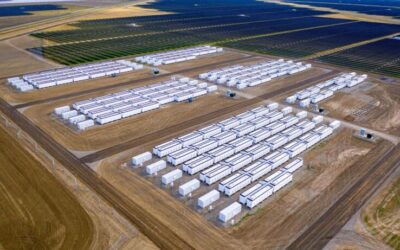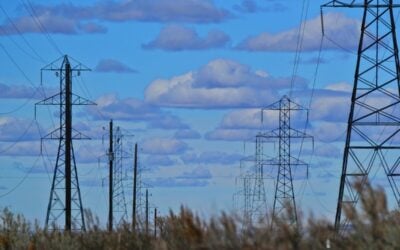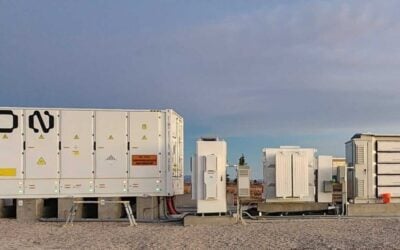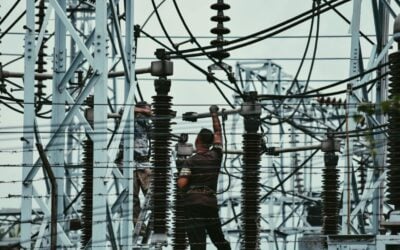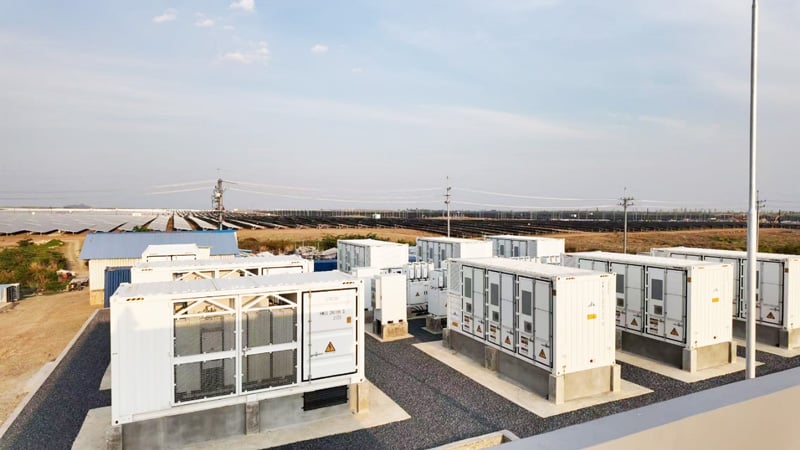
Huawei Digital Power has successfully commissioned what it claims is Cambodia’s first grid-forming battery energy storage system (BESS) certified by TÜV SÜD.
The newly completed 12MWh energy storage project, which was developed in collaboration with SchneiTec, a renewable energy developer, features a 2MWh testbed designed to validate Huawei’s Smart String grid-forming energy storage technology.
The grid-forming technology was on display at Intersolar Europe 2025 last month. Huawei Digital Power showcased the product under the theme “Smart PV and ESS: Powering a Grid-Forming Future.”
Grid-forming BESS can establish and maintain their own voltage and frequency, effectively functioning as a mini-grid or microgrid.
Try Premium for just $1
- Full premium access for the first month at only $1
- Converts to an annual rate after 30 days unless cancelled
- Cancel anytime during the trial period
Premium Benefits
- Expert industry analysis and interviews
- Digital access to PV Tech Power journal
- Exclusive event discounts
Or get the full Premium subscription right away
Or continue reading this article for free
Huawei said the 12MWh BESS will be capable of providing essential stability services, such as inertia and short-circuit current, which are critical for enhancing grid resilience, particularly with the growing integration of renewable energy sources.
It will also be able to provide low/high voltage ride-through, overload and frequency support, and black start.
Receiving TÜV SÜD certification ensures that Huawei’s grid-forming technology meets internationally recognised standards for energy management and grid stability.
The company’s statement highlighted that the certification lays “a strong foundation for future capacity expansion and large-scale energy infrastructure development.”
Cambodia targets 70% renewables by 2030
Cambodia’s renewable energy industry has had a somewhat turbulent start to the year, particularly with the flurry of tariffs placed on Southeast Asian countries by US President Donald Trump. Indeed, Cambodia received a 49% tariff on products, the highest of all countries in the region.
Despite this, the country is continuing to press on with its decarbonisation journey and attracting international manufacturers to invest in its transition while also catering for the global market. The country is aiming to generate 70% of its power from renewable energy sources by 2030, which grants energy storage an opportunity.
It is worth mentioning that Cambodia could also play a key role in decarbonising the Southeast Asian region, especially with the interconnection opportunities to its neighbouring countries.
For instance, in 2023, the country received conditional approval to provide Singapore with 1GW of clean energy, which will be transmitted via over 1,000km of subsea cables.
These opportunities have led Huawei to declare that it will continue to deliver for the Cambodian energy market to help meet the country’s growing demand for sustainable electricity while supporting the advancement of its energy infrastructure.

